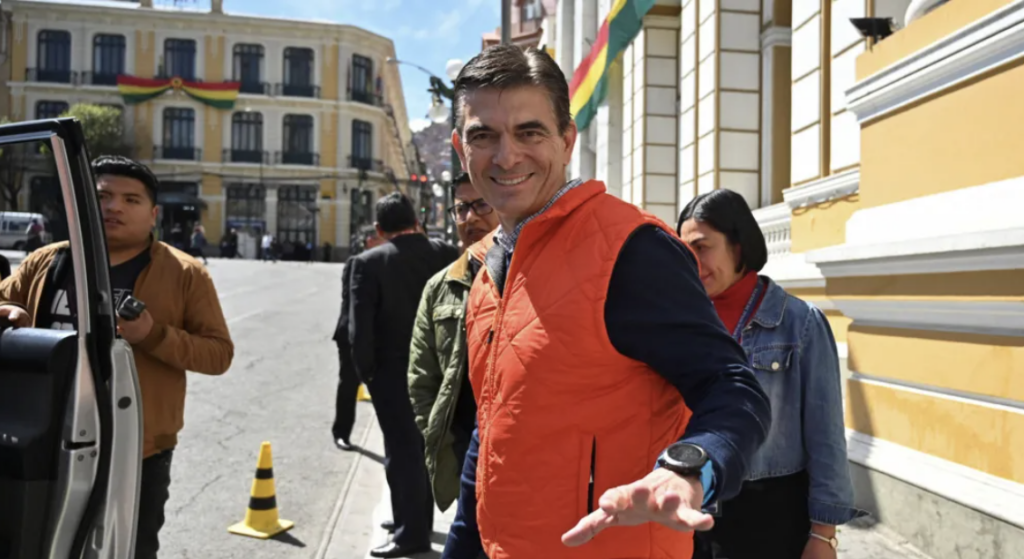Bolivia is on the verge of a historic political shift, with preliminary election results indicating the country will soon elect its first non-left-wing president in nearly 20 years. Sunday’s vote saw Senator Rodrigo Paz Pereira of the Christian Democratic Party emerge as the surprise frontrunner, with former president Jorge Quiroga in second place.
Neither candidate secured an outright majority, setting the stage for a run-off in October. Paz Pereira, who defied pre-election polls that had favored businessman Samuel Doria Medina, campaigned on promises of decentralizing government funds, tackling corruption, and boosting the formal economy through tax incentives and accessible credit. His slogan, “capitalism for all, not just a few,” has resonated strongly with voters weary of economic hardship.
Quiroga, who briefly led Bolivia as interim president between 2001 and 2002, represents a more traditional conservative approach, emphasizing market liberalization and foreign investment. Both candidates favor policies that would encourage investment in Bolivia’s vast lithium reserves, a resource central to the global green energy transition.
The election signals a potential end to two decades of dominance by the Movimiento al Socialismo (MAS) party, founded by Evo Morales. Current president Luis Arce, once Morales’s ally, chose not to run amid plummeting popularity and widespread frustration over fuel shortages, rising debt, and inflation.
Voter anger has spilled over into public hostility toward leftist candidates. Eduardo del Castillo, MAS’s official nominee, was jeered at his polling station, while another candidate, Andrónico Rodríguez, was pelted with stones. An explosive device was even detonated near Rodríguez’s voting site, though no injuries were reported.
The MAS party itself has fractured, with Morales urging his supporters to nullify their ballots after being barred from running again. Rodríguez, once his protégé, has distanced himself, deepening the rift within the left.
Beyond domestic politics, a rightward shift could reshape Bolivia’s foreign relations. Closer ties with the United States may emerge after years of alignment with China, Russia, and Iran. With the economy in crisis and the electorate demanding change, October’s run-off is set to decide not just a new president, but the future trajectory of Bolivia’s political and economic landscape.

